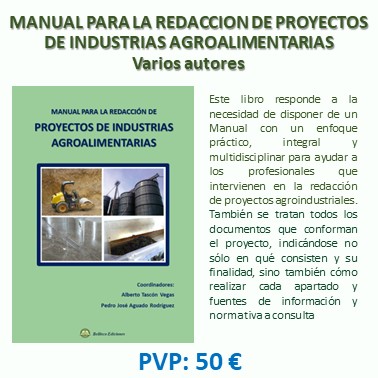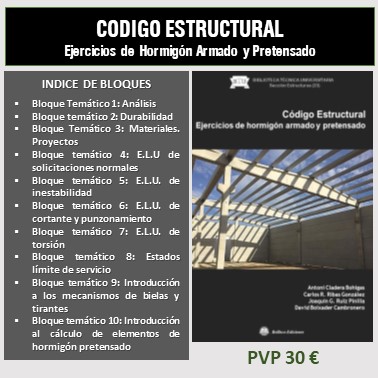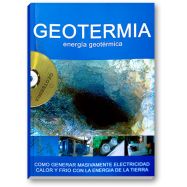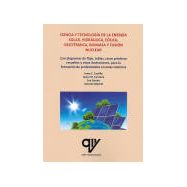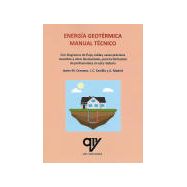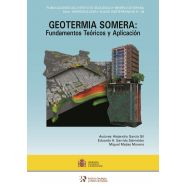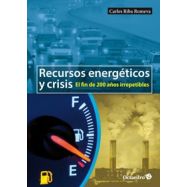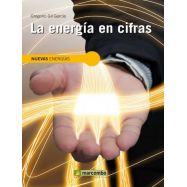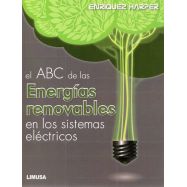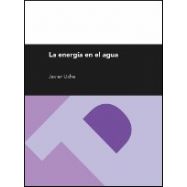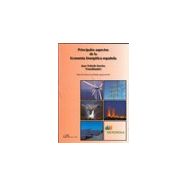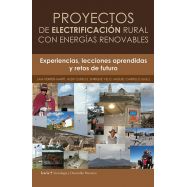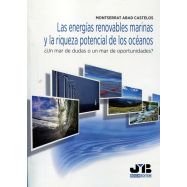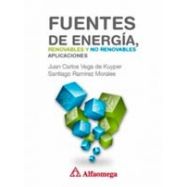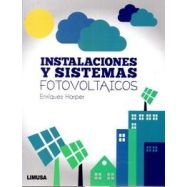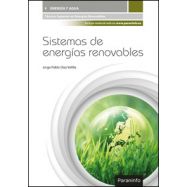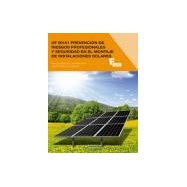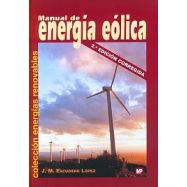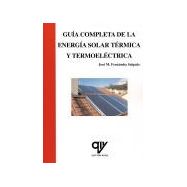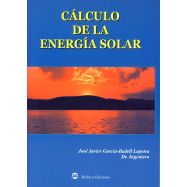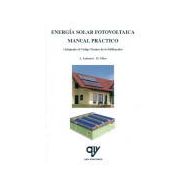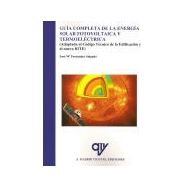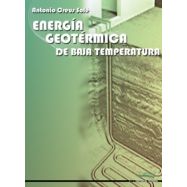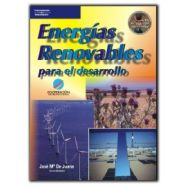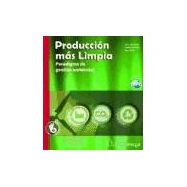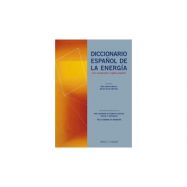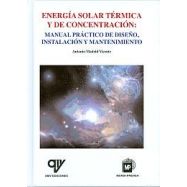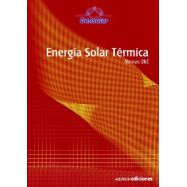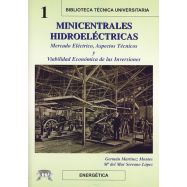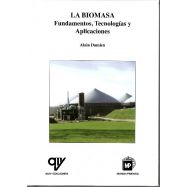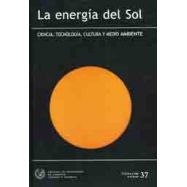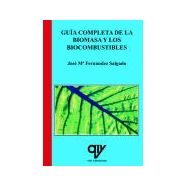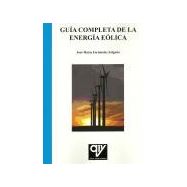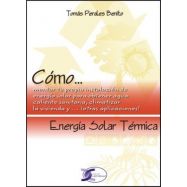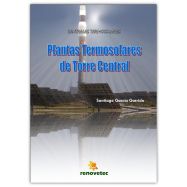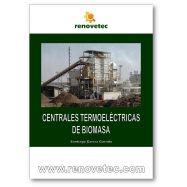Ningún producto
Materias
- BELLISCO EDICIONES. Nuestro Fondo Editorial
- FONDOS EDITORIALES EN DISTRIBUCION
- LIBROS TECNICOS EN INGLES
- ARQUITECTURA - URBANISMO
- AUTOMOCION - MOTORES - VEHICULOS
- AVIONICA - AERONAUTICA
- CALIDAD - EMPRESARIALES - GESTION
- CIENCIAS EXACTAS - MATEMATICAS
- CIENCIAS NATURALES Y APLICADAS
- CIENCIAS DE LA TIERRA - INGENIERIA DEL SUELO
- DICCIONARIOS TECNICOS
- ESTRUCTURAS - CONSTRUCCION
- FORMACION PROFESIONAL
- HIDRAULICA - INGENIERIA SANITARIA - AGUAS
- INGENIERIA CIVIL - OBRAS PUBLICAS
- INGENIERIA MECANICA E INDUSTRIAL
- INSTALACIONES . GENERALES, EN EDIFICACION E INDUSTRIALES
- MATERIALES
- MEDIO AMBIENTE
- NORMATIVA
- OPOSICIONES
- PREVENCION DE RIESGOS LABORALES
- PROGRAMAS INFORMATICOS DE CALCULO
- TECNOLOGIA DE LOS ALIMENTOS: Industrias: Conservación, envasado y cadenas alimentarias
- TELECOMUNICACIONES - INFORMATICA - TECNOLOGIA DE LA INFORMACION
- OUTLET DE BELLISCO: Descuentos de hasta el 80%
- RELIGION, TEOLOGIA, MORAL Y ESPIRITUALIDAD
- VARIOS
- OFERTAS
- PROMOCIONES
- NEWSLETTER
- CATEGORIAS DESTACADAS
- ULTIMAS NOVEDADES BELLISCO
- ARQUITECTURA SOSTENBILE
- URBANISNO
- MATEMATICAS EN GENERAL
- AGRONOMOS-AGRICULTURA-FORESTALES
- ELECTROMAGENTISMO-ELECTRONICA-ELECTRICIDAD
- INGª Y MECÁNICA DEL SUELO. CIMENTACIONES
- TOPOGRAFIA, FOTOGRAMETRÍA, GEODESIA
- EDIFICACION
- ANALISIS DE ESTRUCTURAS, RESISTENCIA DE MATERIALES, ELASTICIDAD, CALCULO MATRICIAL
- OFICIOS VARIOS
- ABASTECIMIENTO Y DISTRIBUCION DE AGUA
- PUENTES
- TUNELES Y OBRAS SUBTERRANEAS
- MAQUINAS Y MECANISMOS
- SOLDADURA
- CLIMATIZACION
- INSTALACIONES DE AGUA
- INSTALACIONES ELECTRICAS CIENCIA E INGENIERIA DE MATERIALES
- ENERGIAS RENOVABLES
- DESARROLLO SOSTENIBLE
- INFORMATICA-SISTEMAS-FORMACION-PROGRAMAS
-
ENHANCED GEOTHERMAL SYSTEMS (EGS). The Future Energy-Road Ahead
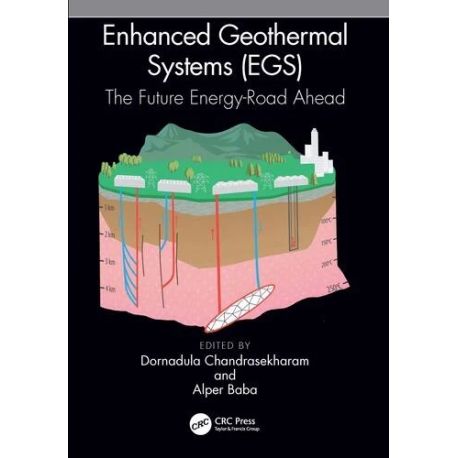 Ver más grande
Ver más grande Referencia: Código 10828
Diciembre de 2023 - Dornadula Chandrasekharam, Alper Baba - Refª 10828
Dornadula Chandrasekharam, Alper Baba
Diciembre de 2023 Páginas: 214 tAPA DURA
Código 10828 ISBN/EAN: 9781032221854
DESCRIPTION
Peter Meisen, Past President, Global Energy Network Institute, asked in 1997, “What if there was an existing, viable technology, that when developed to its highest potential could increase everyone’s standard of living, cut fossil fuel demand and the resultant pollution?” After 23 years of sustained effort by the global scientific community, this is becoming a reality.
The technology to extract heat from granite has been revolutionized in the last few years. The classical method of creating fracture networks by hydrofracturing is being replaced by a closed-loop method where fluids are not in contact with the hot granite. Supercritical CO2 is replacing water as a circulating fluid. Certainly, the future energy road is going to be led by highly radiogenic granites. While hydrothermal sources are site-specific and have their limitations, EGS can be initiated anywhere on earth. EGS is removing all such obstacles and, in the future, will provide uninterrupted electricity for all. Energy-deficient countries can have surplus electricity; water-stressed countries can have a perennial freshwater supply; and countries can become food-secure and rise above poverty levels. Countries need not depend on energy imports and can independently evolve into carbon neutral or low carbon societies.
The contributions made by experts will help researchers and investors to close the energy demand and supply gap in the very near future by tapping the unlimited energy of the Earth.
Opportunities available for investors in Turkey are well documented with field, geophysical, and geochemical data and information on the energy generating capacity of the granite intrusive spread over a cumulative area of 6,910 km2 in western Anatolia.
With the signing of the Global Geothermal Alliance (GGA) by several countries during the December 2015 CoP 21 (Conference of Parties) summit in Paris, countries are obliged to reduce CO2 emissions by increasing the footprint of renewable energy in the primary source mix. Information provided in this book will lead the way to establishing a clean energy future for millions of people for sustainable development and help to mitigate crises arising due to food, water, and energy shortage issues. Academic and research institutes will benefit to a large extent from the expertise of the top contributors in this book. This information provided in this book will help to lay the foundation for super-hot EGS research in future.
TABLE OF CONTENTS
1 Evaluation of low- to moderate-enthalpy shallow sedimentary reservoirs for CCS-CPG systems
M. Singh and A. Chaudhuri
2 EGS development in Europe based on operational geothermal projects
Albert Genter, Clément Baujard, Eléonore Dalmais, Carole Glaas, Vincent Maurer, and Guillaume Ravier
3 High radiogenic granites of western Anatolia for EGS: A review
Dornadula Chandrasekharam, Alper Baba, and Tolga Ayzit
4 Introduction to conceptual studies on hot dry rock geothermal energy extraction aided by prospective tunnelling
K. Ji, Y. Tao, F.J. Huang, Y. Liu, and H. Li
5 Geothermal reservoirs
Kumari W.G.P. and P.G. Ranjith
6 Induced seismicity in EGS: Observations and triggering mechanisms
Silvia De Simone, Iman Rahimzadeh Kivi, Ki-Bok Min, and Jonny Rutqvist
7 Hydraulic stimulation of tight geothermal reservoirs
Sri Kalyan Tangirala, Victor Vilarrasa, and Francesco Parisio
8 Enhanced drilling and recovery methods in geothermal reservoirs
Berker Polat, Shahin Jamali, and Volker Wittig
9 International cooperation to address and mitigate the climate change issue using unconventional geothermal technology (EGS)
Roy Baria, Joerg Baumgaertner, Hylke Glass, Andrew Jupe, Ann Robertson-Tait, Graeme Beadsmore, Corinna Abesser, Dimitra Teza, Hiro Asanuma, and Igor Kocis
Biography
Dornadula Chandrasekharam (Chandra: b1948, India), TUBITAK Fellow, Izmir Institute of Technology (IYTE), Turkey, obtained his MSc in Applied Geology (1972) and PhD (1980) from IITB. He has been working in the fields of geothermal energy resources, volcanology and groundwater pollution for the past 45 years. Before joining IITB, he worked as a Senior Scientist at the Centre for Water Resources Development and Management and the Centre for Earth Science Studies in Kerala, India, for 7 years. he held several important positions during his academic and research career. Before joining IYTE, He served as a Chair Professor, Indian Institute of Technology Bombay (1987–2015) and Visiting Professor, Indian Institute of Technology Hyderabad (2016–2021). He was a TWAS Visiting Professor to Sanaa University, Yemen Republic (1996–2001); Senior Associate of Abdus Salam International Centre for Theoretical Physics, Trieste, Italy (2002–2007); Adjunct Professor, China University of Geosciences, Wuhan (2011–2012), Visiting Professor to King Saud University of Saudi Arabia (2011–2017) and Adjunct Professor, University of Southern Queensland, Australia (2016–2019). He received the International Centre for Theoretical Physics (ICTP, Trieste, Italy) Fellowship to conduct research at the Italian National Science Academy (CNR) in 1997. Prof. Chandra extensively conducted research in low-enthalpy geothermal systems in India and is currently the Founder Chairman of M/s GeoSyndicate Power Private Ltd., the only geothermal company in India. He was an elected board member of the International Geothermal Association (2010–2016) and has widely represented his country at several international geothermal conferences. He conducted short courses on low-enthalpy geothermal resources in Argentina, Costa Rica, Poland, China and Turkey. He has supervised 25 PhD students, published 210 papers in peer-reviewed journals of international repute and published 7 books in the fields of groundwater pollution and geothermal energy resources. His books on geothermal energy resources (i) Geothermal Energy Resources for Developing Countries (Balkema Pub., 2002), (ii) Low Enthalpy Geothermal Resources for Power Generation (Taylor and Francis, 2008), (iii) Geothermal Systems and Energy: Turkey and Greece (CRC Press, 2014) and (iv) Red Sea Geothermal Provinces (CRC Press, 2018) are widely read. Prof Chandra served on the Board of Director of (i) Oil and Natural Gas Corporation, (ii) Western Coal Fields Ltd., (iii) Indian Rare Earths Ltd. and (iv) Mangalore Refineries and Petrochemicals. He has been appointed as the Chairperson of the Geothermal Energy Resources and Management committee constituted by the Department of Sciences and Technology, Government of India. Currently, he is with the International Water Resources Department, IYTE, Turkey.
Alper Baba (Turkey, 1970) holds a degree in geology and a doctorate in the field of hydrogeology from Dokuz Eylul University, Izmir. He has 25 years’ experience in hydrogeological and environmental geology problems in different parts of the world. Since 2010, he has been a professor at the Izmir Institute of Technology as the director of the International Water Resources Department. He is teaching and conducting research in the fields of environmental geology, groundwater contamination, geothermal energy and hydrogeology. He has coordinated a variety of national and international R&D projects in cooperation with research institutes and companies, among them NATO, World Bank and EBRDfunded projects. Dr. Baba was awarded the “Successful Young Scientists Award” of the Turkish Academy of Science and the “Gold Medal Award” of the Turkish Geological Engineering Association Dr. Baba is the author of several peer-reviewed scientific publications and contributions to international conferences and is the editor of the books “Groundwater and Ecosystems,” “Climate Change and its Effects on Water Resources, Issues of National and Global Security” (NATO Science Series, Springer) and “Geothermal Systems and Energy: Turkey and Greece” (CRC Press). Currently, he is the Vice Rector of the Izmir Institute of Technology, Izmir.
Descripción
Peter Meisen, ex presidente del Global Energy Network Institute, preguntó en 1997: "¿Qué pasaría si existiera una tecnología viable que, cuando se desarrollara hasta su máximo potencial, pudiera aumentar el nivel de vida de todos, reducir la demanda de combustibles fósiles y la contaminación resultante?" Después de 23 años de esfuerzo sostenido por parte de la comunidad científica mundial, esto se está convirtiendo en una realidad.
La tecnología para extraer calor del granito se ha revolucionado en los últimos años. El método clásico de crear redes de fractura mediante hidrofractura está siendo reemplazado por un método de circuito cerrado en el que los fluidos no están en contacto con el granito caliente. El CO2 supercrítico está reemplazando al agua como fluido circulante. Sin duda, el camino energético del futuro estará marcado por granitos altamente radiogénicos. Si bien las fuentes hidrotermales son específicas del sitio y tienen sus limitaciones, los EGS pueden iniciarse en cualquier lugar de la Tierra. EGS está eliminando todos esos obstáculos y, en el futuro, proporcionará electricidad ininterrumpida para todos. Los países con deficiencia energética pueden tener excedentes de electricidad; los países con escasez de agua pueden tener un suministro perenne de agua dulce; y los países pueden alcanzar la seguridad alimentaria y superar los niveles de pobreza. Los países no necesitan depender de las importaciones de energía y pueden evolucionar de forma independiente hacia sociedades con bajas emisiones de carbono o neutrales en carbono.
Las contribuciones de los expertos ayudarán a investigadores e inversores a cerrar la brecha de oferta y demanda de energía en un futuro muy próximo aprovechando la energía ilimitada de la Tierra.
Las oportunidades disponibles para los inversores en Turquía están bien documentadas con datos de campo, geofísicos y geoquímicos e información sobre la capacidad de generación de energía del intrusivo de granito distribuido en un área acumulada de 6.910 km2 en Anatolia occidental.
Con la firma de la Alianza Geotérmica Global (GGA) por varios países durante la cumbre CoP 21 (Conferencia de Partes) de diciembre de 2015 en París, los países están obligados a reducir las emisiones de CO2 aumentando la huella de la energía renovable en la combinación de fuentes primarias. La información proporcionada en este libro abrirá el camino para establecer un futuro de energía limpia para millones de personas para el desarrollo sostenible y ayudará a mitigar las crisis que surgen debido a problemas de escasez de alimentos, agua y energía. Los institutos académicos y de investigación se beneficiarán en gran medida de la experiencia de los principales contribuyentes a este libro. La información proporcionada en este libro ayudará a sentar las bases para la investigación de EGS supercalientes en el futuro.
Tabla de contenido
1 Evaluación de reservorios sedimentarios poco profundos de entalpía baja a moderada para sistemas CCS-CPG
M. Singh y A. Chaudhuri
2 Desarrollo de EGS en Europa basado en proyectos geotérmicos operativos
Albert Genter, Clément Baujard, Eléonore Dalmais, Carole Glaas, Vincent Maurer y Guillaume Ravier
3 Granitos altamente radiogénicos de Anatolia occidental para EGS: una revisión
Dornadula Chandrasekharam, Alper Baba y Tolga Ayzit
4 Introducción a los estudios conceptuales sobre la extracción de energía geotérmica en roca seca caliente ayudada por túneles prospectivos
K. Ji, Y. Tao, FJ Huang, Y. Liu y H. Li
5 reservorios geotérmicos
Kumari WGP y PG Ranjith
6 Sismicidad inducida en EGS: observaciones y mecanismos desencadenantes
Silvia De Simone, Iman Rahimzadeh Kivi, Ki-Bok Min y Jonny Rutqvist
7 Estimulación hidráulica de yacimientos geotérmicos estrechos
Sri Kalyan Tangirala, Víctor Vilarrasa y Francesco Parisio
8 Métodos mejorados de perforación y recuperación en yacimientos geotérmicos
Berker Polat, Shahin Jamali y Volker Wittig
9 Cooperación internacional para abordar y mitigar el problema del cambio climático utilizando tecnología geotérmica no convencional (EGS)
Roy Baria, Joerg Baumgaertner, Hylke Glass, Andrew Jupe, Ann Robertson-Tait, Graeme Beadsmore, Corinna Abesser, Dimitra Teza, Hiro Asanuma e Igor Kocis
TAMBIEN LE PUEDE INTERESAR
- 79,00 €
- 26,60 €
- 26,60 €
- 40,00 €

